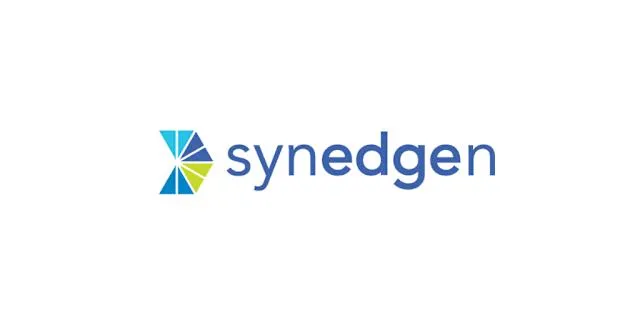
Gilead Strengthens Early Pipeline in Oncology and Inflammation Through the Acquisition of XinThera
Gilead Sciences, Inc. (Nasdaq: GILD) today announced the acquisition of all outstanding shares of XinThera, a privately held biotech company in San Diego. The acquisition complements Gilead’s existing clinical development priorities by adding additional pipeline assets for well-validated targets in oncology and inflammation.
Through the acquisition, Gilead gains rights to a portfolio of small molecule inhibitors targeting PARP1 for oncology and MK2 for inflammatory diseases that could enter clinical trials later this year. Both programs have the potential to address multiple indications, offering broad development opportunities alone and in combination with Gilead’s portfolio.
“The team at XinThera has developed research assets with the potential to target the DNA damage repair pathway in treating cancer and direct the body’s immune response in inflammatory diseases, both of which may improve outcomes for people living with these diseases,” said Flavius Martin, M.D., Executive Vice President, Research, Gilead Sciences. “Guided by our scientific framework, this acquisition will allow us to further expand our early pipeline of diverse assets that will continue to fuel our durable late-phase portfolio.”
“Gilead and XinThera share similar missions to discover new therapies to treat cancer and inflammatory diseases, which drive our determination to unlock the body’s ability to better respond to these diseases,” said Chris LeMasters, who served as XinThera CEO. “We are eager to join Gilead and together explore the potential of our precision medicines as critical components of the next generation of therapies targeting diseases with high unmet need.”
First-generation, dual PARP1/2 inhibitors have been shown to be highly efficacious in the treatment of patients with homologous recombination deficiency (HRD) tumors with BRCA-mutations such as breast, ovarian, prostate, and pancreatic cancers, but their use is limited due to hematological toxicities. PARP1 selective inhibitors have the potential to mitigate the hematological toxicities seen in first-generation, dual PARP1/2 inhibitors and enable combination with a wide variety of DNA-damaging agents, including systemic chemotherapy and targeted agents such as Trodelvy® (sacituzumab govitecan-hziy). For important safety information, including boxed warning, for Trodelvy, please see full Prescribing Information.
The financial terms of the agreement were not disclosed. Beginning in the first quarter of 2022, consistent with recent industry communications from the U.S. Securities and Exchange Commission (SEC), Gilead no longer excludes acquired IPR&D expenses from its non-GAAP financial measures. We expect the transaction with XinThera to reduce Gilead’s GAAP and non-GAAP 2023 EPS by approximately $0.12 – $0.15.
About XinThera
XinThera is a private biotechnology company whose mission is to develop best-in-class small molecule drugs to treat cancer and immunologic diseases. The company was founded in 2021 by Stephen Kaldor, Ph.D., Qing Dong, Ph.D., and Gene Hung, M.D., and is headquartered in San Diego. XinThera is backed by a group of international investors including Foresite Capital, OrbiMed Advisors, LLC and TTM Capital.
About Gilead Sciences
Gilead Sciences, Inc. is a biopharmaceutical company that has pursued and achieved breakthroughs in medicine for more than three decades, with the goal of creating a healthier world for all people. The company is committed to advancing innovative medicines to prevent and treat life-threatening diseases, including HIV, viral hepatitis and cancer. Gilead operates in more than 35 countries worldwide, with headquarters in Foster City, California.
Source link:https://www.gilead.com/




